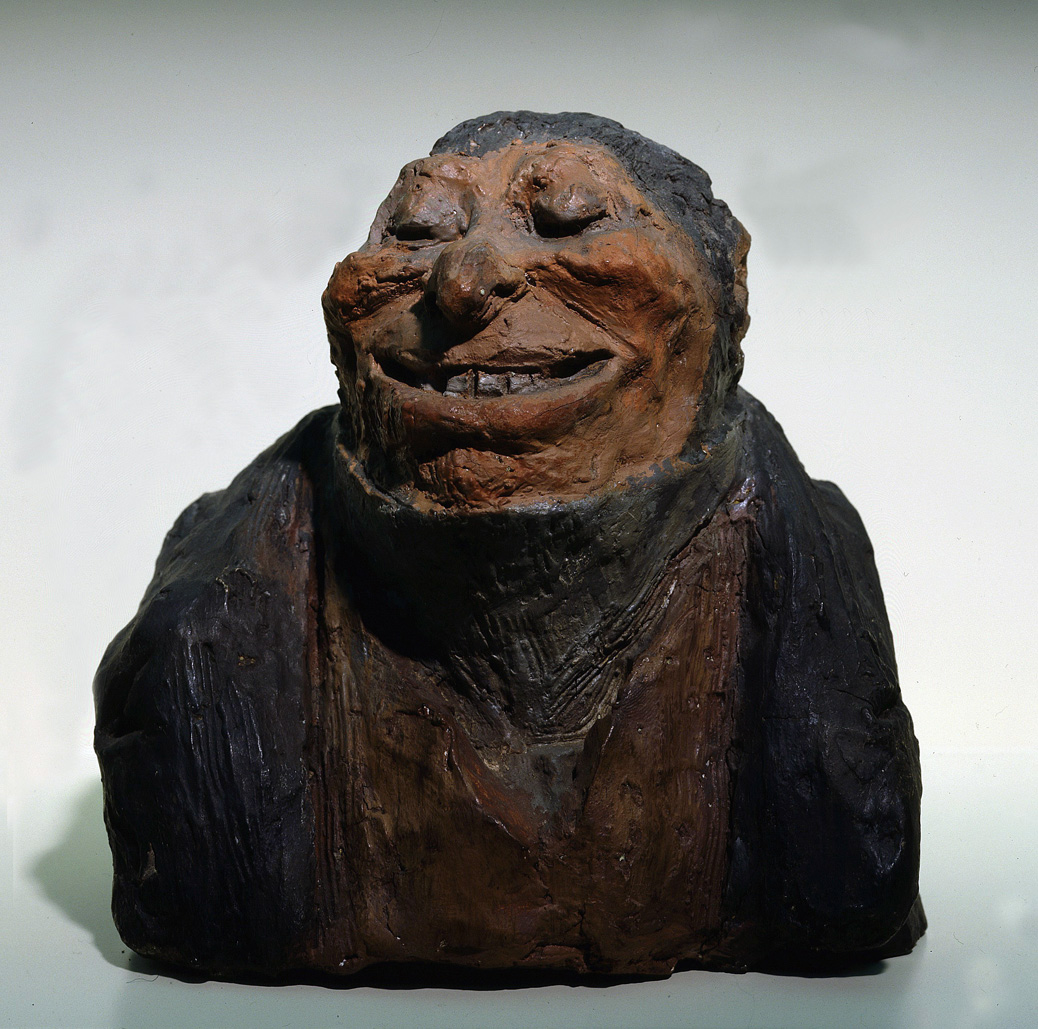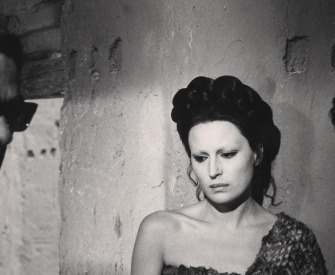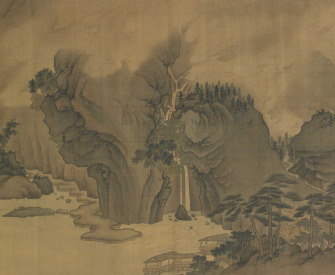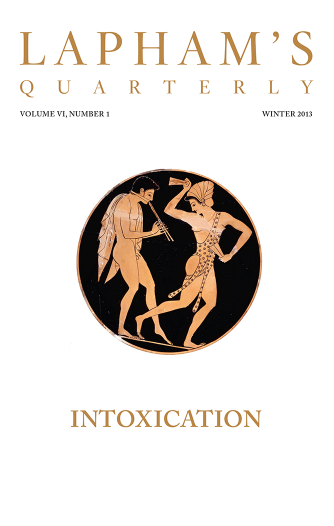Democracy is the recurrent suspicion that more than half of the people are right more than half of the time.
—E.B. White, 1944Point of Order
Montesquieu on the necessity of virtue.
There is no great share of probity necessary to support a monarchical or despotic government. The force of laws in one, and the prince’s arm in the other, are sufficient to direct and maintain the whole. But in a popular state, one spring more is necessary, namely, virtue.
What I have here advanced is confirmed by the unanimous testimony of historians, and is extremely agreeable to the nature of things. For it is clear that in a monarchy, where he who commands the execution of the laws generally thinks himself above them, there is less need of virtue than in a popular government, where the person entrusted with the execution of the laws is sensible of his being subject to their direction.
It is also clear that a monarch who, through bad advice or indolence, ceases to enforce the execution of the laws may easily repair the evil; he has only to follow other advice or to shake off this indolence. But when in a popular government there is a suspension of the laws, as this can proceed only from the corruption of the republic, the state is certainly undone.
A very droll spectacle it was in the last century to behold the impotent efforts of the English toward the establishment of democracy. As they who had a share in the direction of public affairs were void of virtue, as their ambition was inflamed by the success of the most daring of their members, as the prevailing parties were successively animated by the spirit of faction, the government was continually changing: the people, amazed at so many revolutions, in vain attempted to erect a commonwealth. At length, when the country had undergone the most violent shocks, they were obliged to have recourse to the very government which they had so wantonly proscribed.
When virtue is banished, ambition invades the minds of those who are disposed to receive it, and avarice possesses the whole community. The objects of their desires are changed; what they were fond of before has become indifferent; they were free while under the restraint of laws, but they would fain now be free to act against law; and as each citizen is like a slave who has run away from his master, that which was a maxim of equity he calls rigor; that which was a rule of action he styles constraint; and to precaution he gives the name of fear. Frugality, and not the thirst of gain, now passes for avarice. Formerly the wealth of individuals constituted the public treasure, but now this has become the patrimony of private persons. The members of the commonwealth riot on the public spoils, and its strength is only the power of a few, and the license of many.
As virtue is necessary in a popular government, it is requisite also in an aristocracy. True it is that in the latter it is not so absolutely requisite.
The people, who in respect to the nobility are the same as the subjects with regard to a monarch, are restrained by their laws. They have, therefore, less occasion for virtue than the people in a democracy. But how are the nobility to be restrained? They who are to execute the laws against their colleagues will immediately perceive that they are acting against themselves. Virtue is therefore necessary in this body, from the very nature of the constitution.
An aristocratic government has an inherent vigor, unknown to democracy. The nobles form a body, who by their prerogative, and for their own particular interest, restrain the people; it is sufficient that there are laws in being to see them executed.
But easy as it may be for the body of the nobles to restrain the people, it is difficult to restrain themselves. Such is the nature of this constitution, that it seems to subject the very same persons to the power of the laws and at the same time to exempt them.
In monarchies, policy effects great things with as little virtue as possible. Thus in the nicest machines, art has reduced the number of movements, springs, and wheels.
The state subsists independently of the love of our country, of the thirst of true glory, of self-denial, of the sacrifice of our dearest interests, and of all those heroic virtues which we admire in the ancients, and to us are known only by tradition.
The laws supply here the place of those virtues; they are by no means wanted, and the state dispenses with them: an action performed here in secret is in some measure of no consequence.

Auguste-Hilarion, Comte de Keratry, by Honoré Daumier, c. 1832. Musée d'Orsay, Paris.
I beg that no one will be offended with what I have been saying; my observations are founded on the unanimous testimony of historians. I am not ignorant that virtuous princes are so very rare, but I venture to affirm that in a monarchy it is extremely difficult for the people to be virtuous.
Let us compare what the historians of all ages have asserted concerning the courts of monarchs; let us recollect the conversations and sentiments of people of all countries, in respect to the wretched character of courtiers, and we shall find that these are not airy speculations but truths confirmed by a sad and melancholy experience.
Ambition in idleness, meanness mixed with pride, a desire of riches without industry, aversion to truth, flattery, perfidy, violation of engagements, contempt of civil duties, fear of the prince’s virtue, hope from his weakness, but above all, a perpetual ridicule cast upon virtue, are, I think, the characteristics by which most courtiers in all ages and countries have been constantly distinguished. Now, it is exceedingly difficult for the leading men of the nation to be knaves and the inferior sort to be honest, for the former to be cheats and the latter to rest satisfied with being only dupes.

Montesquieu
From The Spirit of the Laws. After serving in the Parlement of Bordeaux and gaining election to the French Academy, Montesquieu began a comprehensive study of law, history, economics, geography, and political theory that culminated in the writing of The Spirit of the Laws, which was published in 1748. In 1792, five years after fathering the U.S. Constitution, James Madison wrote that Montesquieu “had lifted the veil from the venerable errors which enslaved opinion and pointed the way to those luminous truths of which he had but a glimpse himself.”



